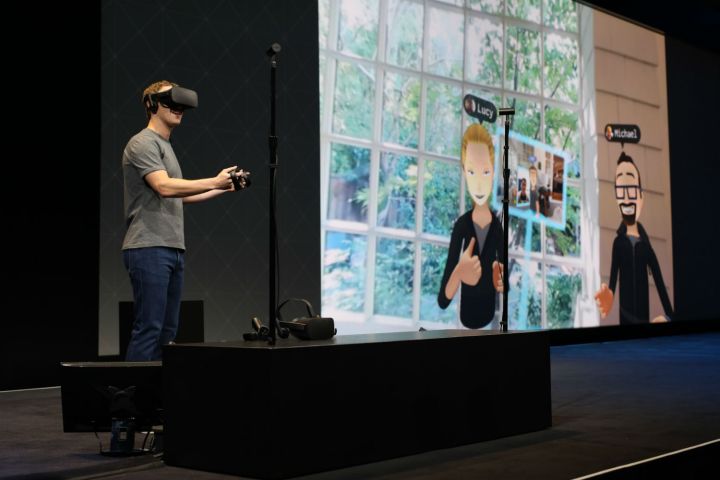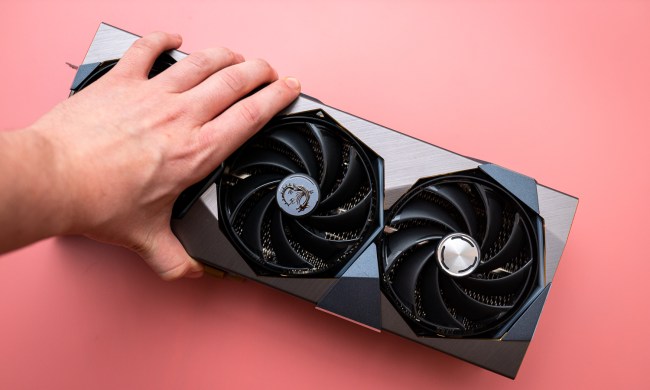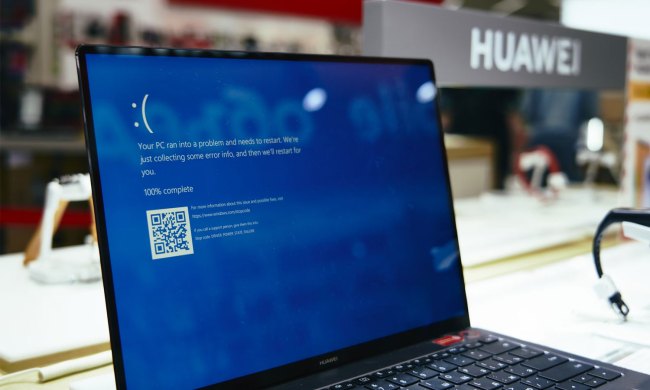
The revelations came from the company’s head honcho himself, Mark Zuckerberg, who made the remarks while testifying in a federal court, The New York Times reports. The Facebook founder was surprisingly forthright in his projection for VR — which was released to the masses last year in the form of several devices from the likes of HTC, Sony PlayStation, and Facebook-owned Oculus — claiming the computing platform’s experience isn’t currently “good” enough for general users.
The lawsuit facing Oculus was the first in what would later turn out to be a series of obstacles that would plague the company, culminating in Zuckerberg’s unexpected statements on Tuesday. It all began in 2014, shortly after Facebook snapped up the Rift VR headset manufacturer for $2 billion.
The suit filed by video game publisher ZeniMax alleges Oculus CTO John Carmack stole intellectual property from his former employer (and ZeniMax subsidiary) id Software and used it to build the Rift with Oculus founder Palmer Luckey. Oculus has denied the allegations. In early January of this year, the lawsuit made it into a jury trial in a Dallas federal court.
“We are highly confident that Oculus products are built on Oculus technology,” remarked Zuckerberg in court on Tuesday. “The idea that Oculus products are based on someone else’s technology is just wrong.”
Despite his attempts at putting a PR spin on his Dallas visit — Zuckerberg shared a series of Facebook posts showing his meetings with local residents as part of his “personal challenge” for the year — his court statements regarding the state of VR are generating far more interest.
“I don’t think that good virtual reality is fully there yet,” said Zuckerberg. “It’s going to take five or 10 more years of development before we get to where we all want to go.” He went on to add that Facebook would have to spend $3 billion on the tech in order to bring the computing experience to a level fit for mass consumption.”
Oculus previously faced issues over shipping delays of its VR headset following its launch in March 2016. Then, in December, the company’s CEO, Brendan Iribe, stepped down form his position to lead its PC VR division.


